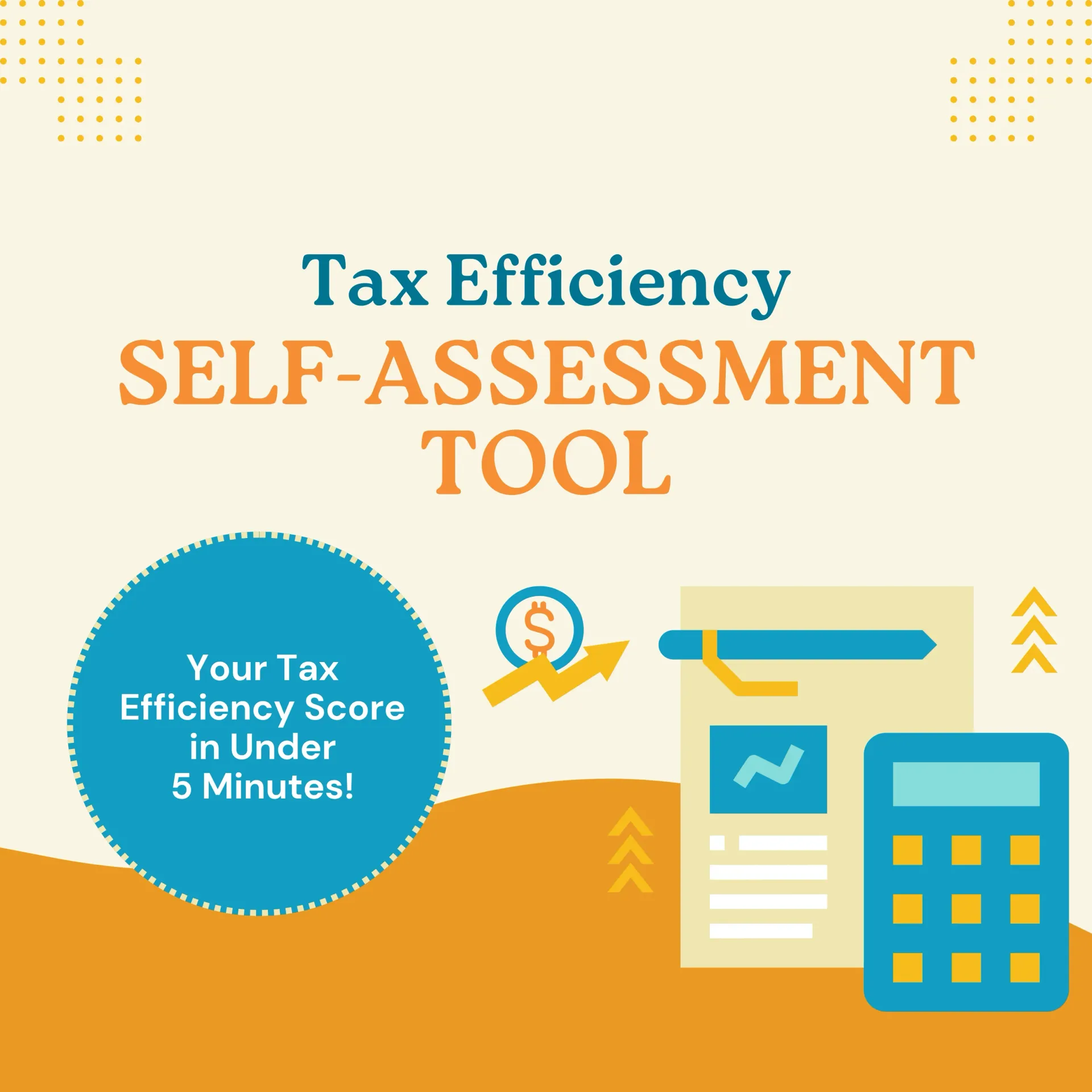The Financial Impact of Medicare and Medicaid on Tax Planning for Home Healthcare Agencies

Running a home healthcare agency is more than just providing compassionate care; it's also about smart financial management and navigating the complex world of healthcare reimbursements. At Straight Talk CPAs, we understand that balancing the books while ensuring top-notch patient care can feel like a tightrope walk. That's why we're diving into the financial impact of Medicare and Medicaid on tax planning for your home healthcare business. Understanding how Medicare and Medicaid reimbursements affect your bottom line is crucial for long-term sustainability.
The intersection of healthcare regulations, financial strategies, and tax implications can be tricky. Changes in the
healthcare landscape, like those from the Affordable Care Act and evolving Medicare and Medicaid regulations, can significantly impact your financial health. So, let’s break down how these government programs influence your financial strategies and what you can do to optimize your tax planning.
Understanding Medicare and Medicaid: A Quick Overview
Before we get into the nitty-gritty of tax planning, let's ensure we're all on the same page regarding Medicare and Medicaid.
- Medicare: This federal program primarily serves individuals aged 65 and older, as well as some younger people with disabilities. It's divided into different parts (A, B, C, D), each covering specific healthcare services.
- Medicaid: This is a joint federal and state program providing healthcare coverage to individuals with limited income and resources. Medicaid eligibility varies by state, making it essential to understand the rules specific to your location.
The Reimbursement Reality: How Medicare and Medicaid Affect Your Revenue
Medicare and Medicaid reimbursements are the lifeblood of many home healthcare agencies. However, these reimbursements aren't always straightforward.
- Reimbursement Rates: Medicare and Medicaid reimbursement rates can vary, and they may not always cover the full cost of providing care. Understanding these rates is crucial for accurate budgeting and financial forecasting.
- Billing Complexities: Navigating the billing processes for both programs can be complex, with specific coding and documentation requirements. Errors or delays in billing can lead to revenue disruptions.
- OASIS-E Impact: Keep in mind that changes like the 2023 implementation of OASIS-E (the Outcome and Assessment Information Set) can impact your reimbursement. Staff training on these updates is vital for accurate financial planning.
Tax Planning Strategies for Home Healthcare Agencies
Now, let's get to the heart of the matter: how Medicare and Medicaid impact your tax planning and what strategies you can use to optimize your financial situation.
- Revenue Recognition: Accurately recognizing revenue from Medicare and Medicaid reimbursements is critical. You need to understand when and how to record these payments to ensure compliance with tax regulations.
- Deductible Expenses: Take full advantage of all eligible deductions. This can include expenses related to:
- Salaries and Wages: The cost of employing your healthcare professionals and administrative staff.
- Training and Education: Expenses for ongoing staff training, especially concerning changes in regulations or procedures.
- Supplies and Equipment: Costs for medical supplies, equipment, and other necessary items for providing care.
- Transportation: Vehicle expenses for home visits, including mileage, fuel, and maintenance.
- Insurance: Business insurance, including professional liability and worker's compensation.
- Health Care-Related Taxes: Be aware of any health care-related taxes in your state, as these can impact your tax liability. Some states use these taxes to fund their Medicaid programs.
- Long-Term Care Insurance (LTCI): If you or your employees have LTCI policies, remember that premiums can be tax-deductible as medical expenses, subject to certain limitations.
- Home Sale Implications: Selling a home, whether personally or as part of the business, can have tax implications. Capital gains taxes could increase your taxable income and potentially affect your Medicare premiums.
- Non-Countable Assets: When planning for Medicaid eligibility, remember that certain assets, like your primary residence (subject to certain conditions), may be considered non-countable. Understanding these rules can help you make informed financial decisions.
- Estate Recovery: Be aware that some states may attempt to recover Medicaid costs from the sale of a deceased person's home or estate. While there are proposals to end this practice, it's essential to be aware of the current rules in your state.
Deciphering Foreign Income Tax for Digital Nomads
For those embracing the digital nomad lifestyle, the tax landscape broadens significantly. Now, you're not just dealing with state taxes but also potential foreign income taxes.
The Physical Location Rule
According to the IRS, your wages are sourced based on your physical location.
This means that if you are in the U.S. for a certain period of time, the IRS gains taxing rights over your now U.S.-sourced earned income.
Real-Life Example: Maximizing Deductions
Let's say you own a home healthcare agency in California. You've invested in training your staff on the latest OASIS-E updates, spent money on new medical equipment, and racked up significant mileage visiting patients. By meticulously tracking these expenses and working with a knowledgeable CPA, you can deduct these costs, significantly reducing your taxable income.
Common Mistakes to Avoid
- Inaccurate Revenue Recognition: Failing to properly account for Medicare and Medicaid reimbursements can lead to tax errors and potential penalties.
- Missing Deductions: Not taking advantage of all eligible deductions can result in overpaying your taxes.
- Ignoring Regulatory Changes: Healthcare regulations are constantly evolving. Failing to stay updated can lead to non-compliance and financial repercussions.
Straight Talk CPAs: Your Partner in Financial Success
Navigating the financial complexities of owning a home healthcare agency doesn't have to be overwhelming. At Straight Talk CPAs, we specialize in providing tailored tax planning and financial management services to businesses like yours. We can help you:
- Optimize your tax strategy to minimize your tax liability.
- Ensure compliance with all relevant regulations.
- Improve your budgeting and financial forecasting.
- Make informed decisions about your business's financial future.
Don't let the financial aspects of your home healthcare agency hold you back from providing the best possible care.
Contact us
today, and let's work together to achieve your financial goals.
Discover Your Tax Savings Score in Minutes!


Salim is a straight-talking CPA with 30+ years of entrepreneurial and accounting experience. His professional background includes experience as a former Chief Financial Officer and, for the last twenty-five years, as a serial 7-Figure entrepreneur.




